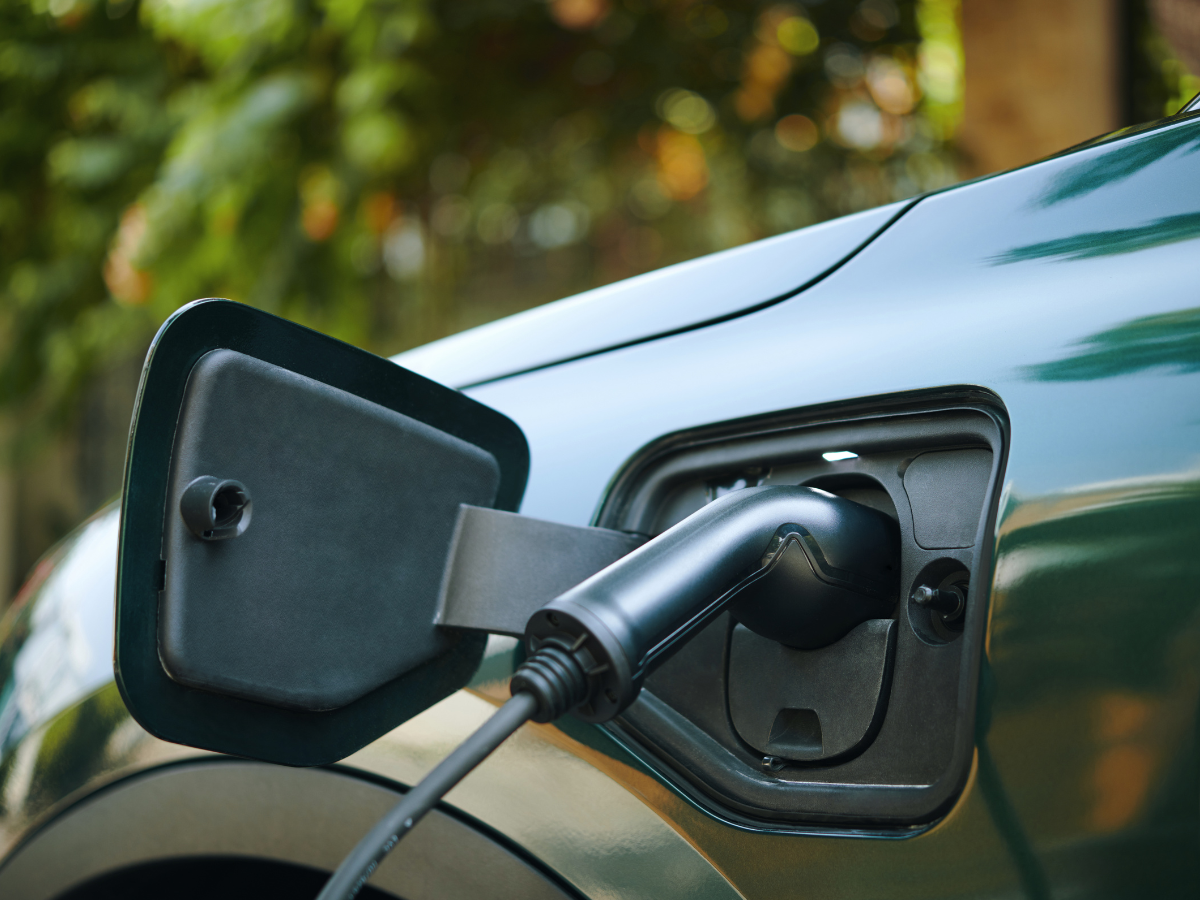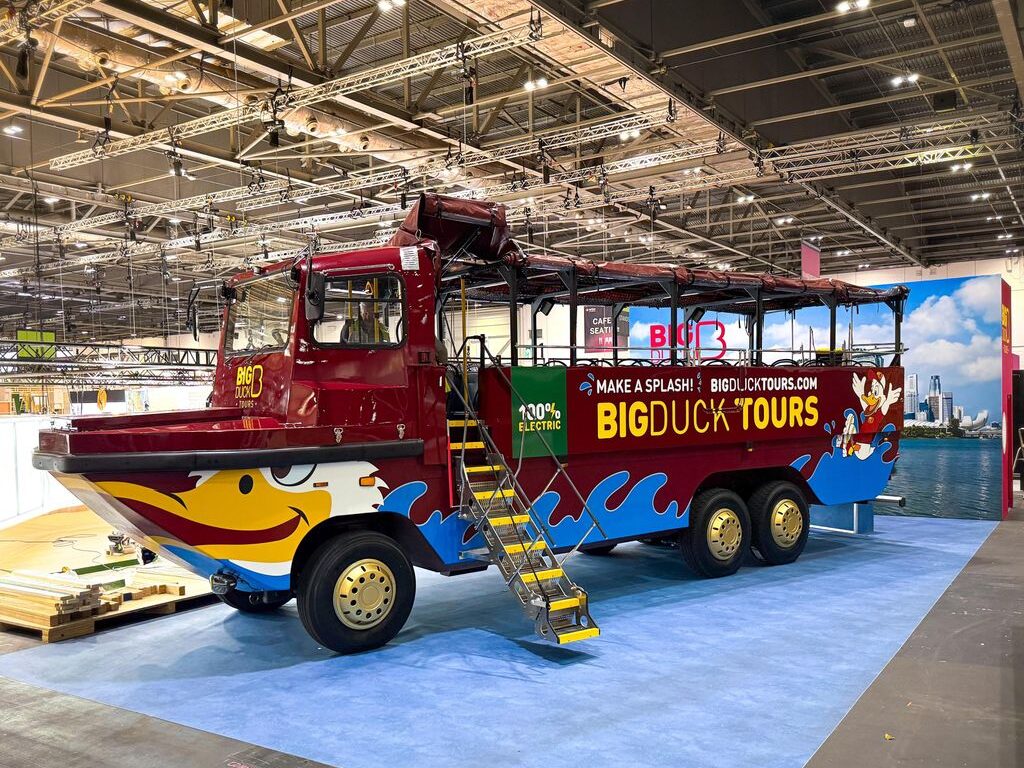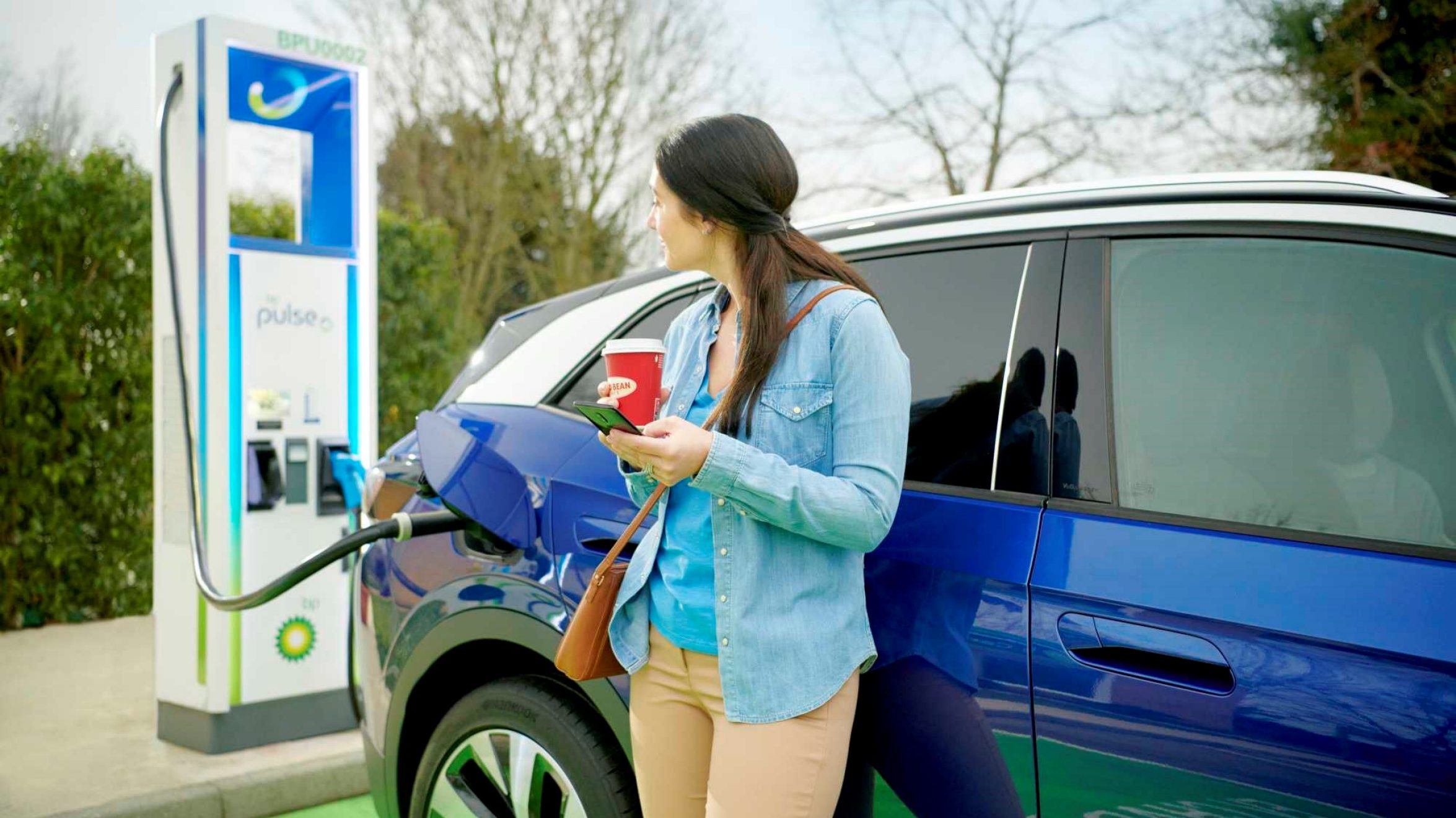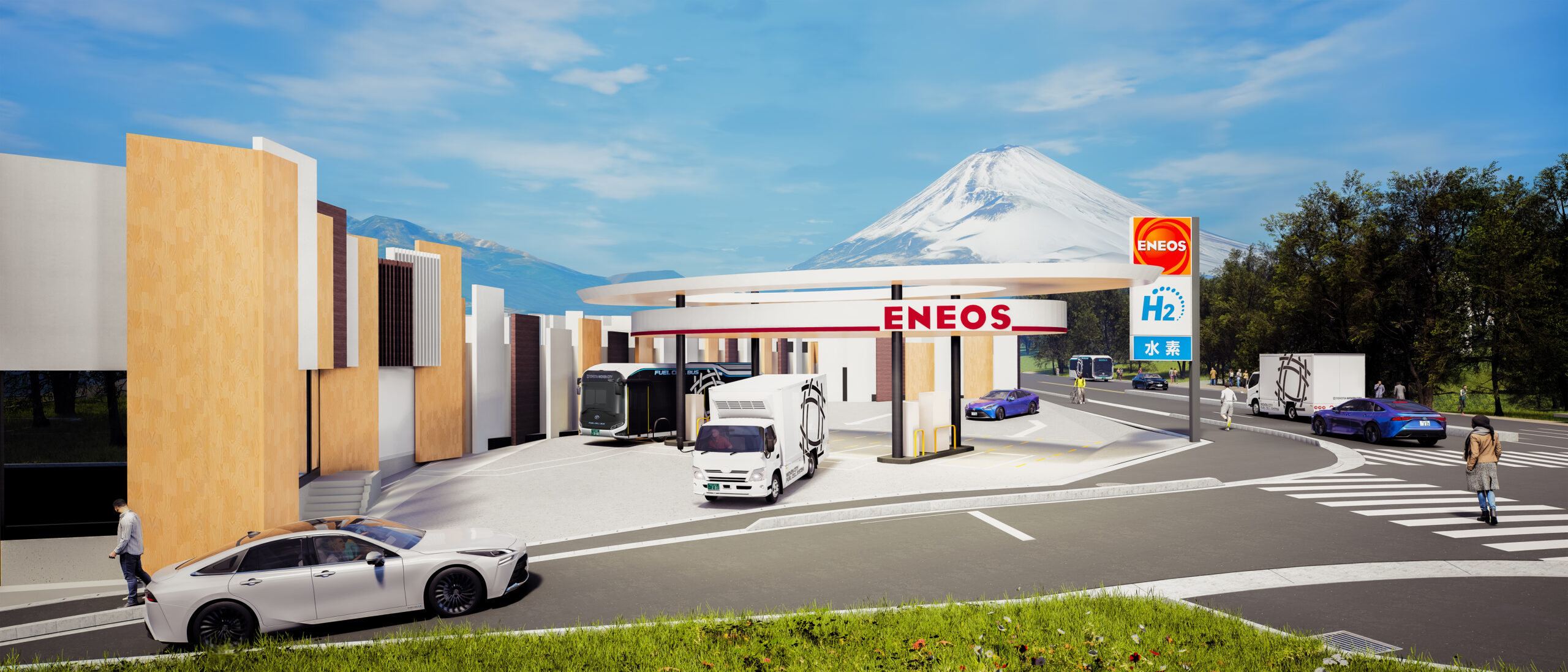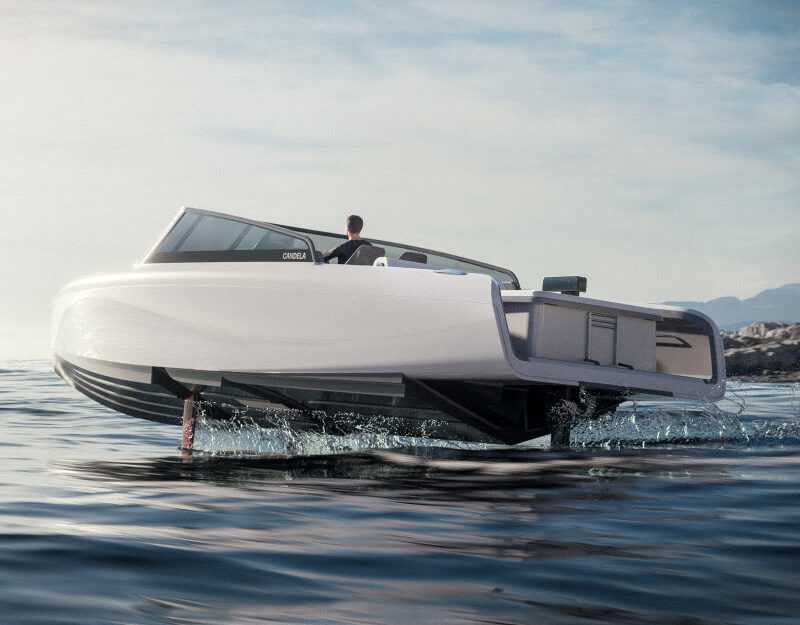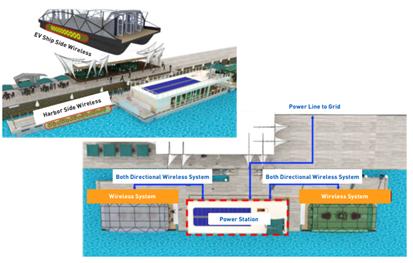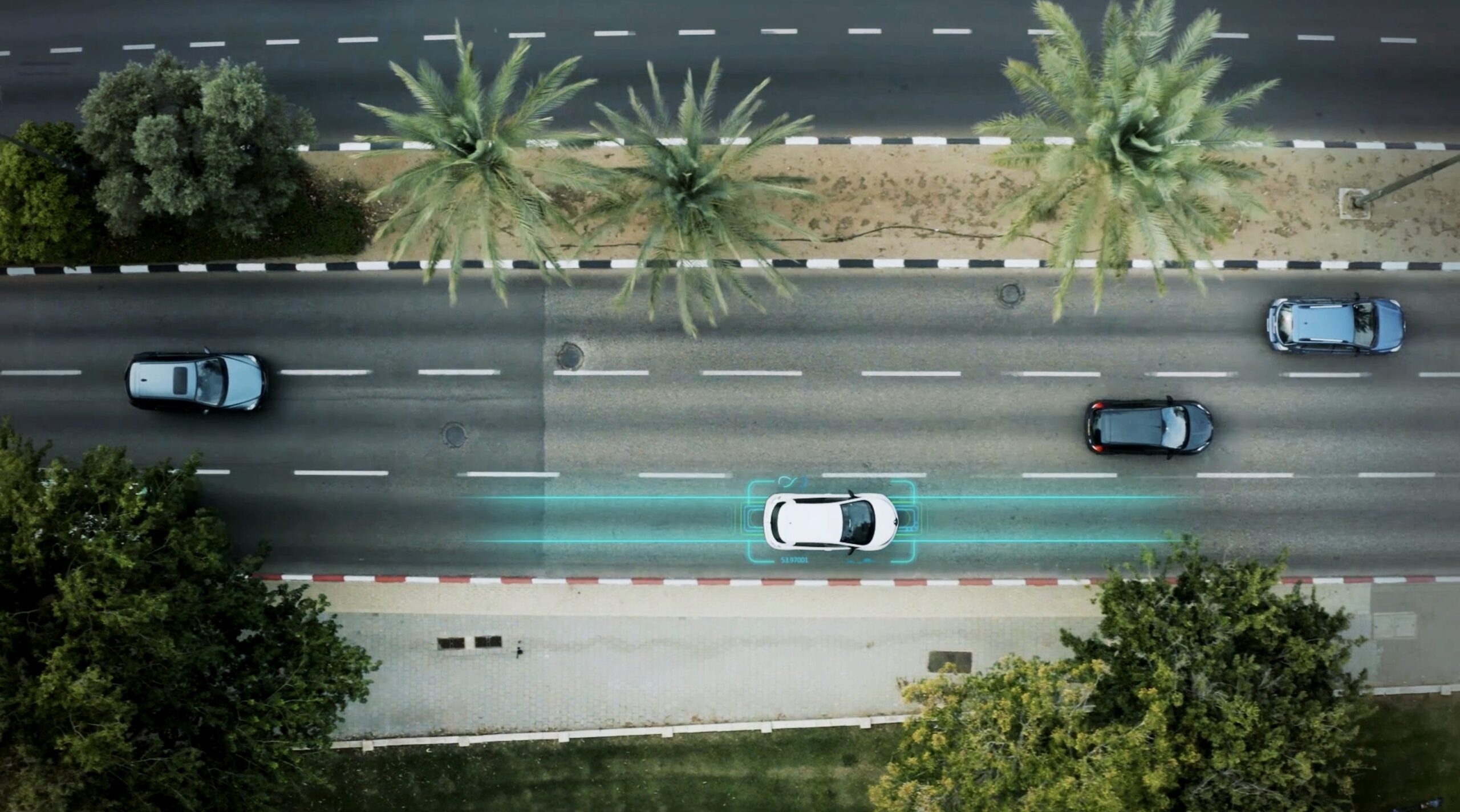Canada: CleanBC’s Go Electric Advanced Research and Commercialization (ARC) programme is investing in two maritime design companies that are developing zero-emission boat technologies to advance clean transportation in British Columbia and help decarbonise the marine sector.
The CleanBC ARC programme supports the development of zero-emission vehicles and aims to encourage international investment in British Columbia. As part of the programme’s second funding call, seventeen BC projects are receiving more than 8 million CAD in funding to design electric bikes, sustainable aviation solutions and zero-emission boats.
BC currently leads North America in the transition to electric vehicles, with light-duty electric vehicle sales representing 13% of the province’s new light-duty vehicle sales in 2021. However, the maritime industry is notoriously hard to decarbonise and requires large amounts of fuel. The province’s latest investment in zero-emission boats therefore aims to advance a clean transportation solution for the marine sector, while also creating new jobs for British Columbians.
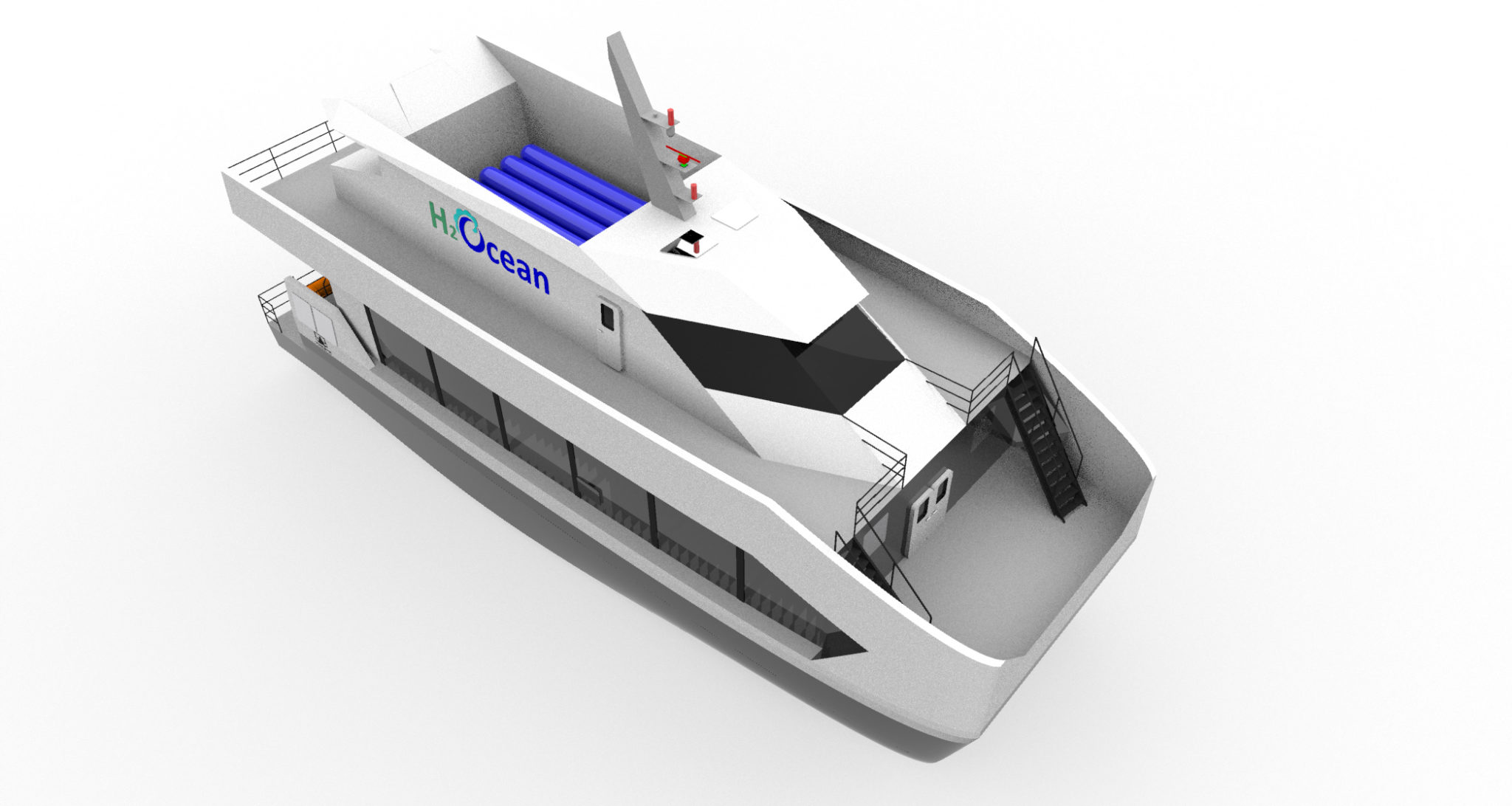
Bruce Ralston, Minister of Energy, Mines and Low Carbon Innovation, said:BC is sailing ahead toward a low-carbon technological revolution. It’s no longer just about how we travel our roads; our clean-tech know-how is transforming how the world moves people and goods across the water.
CleanBC’s ARC programme will provide Capilano Maritime Design with 178,000 CAD in funding to design a hydrogen-fuelled dinner cruise boat, H2Ocean, which will be used in Vancouver’s harbour.
The zero-emission marine vessel will be designed in partnership with a consortium of globally leading hydrogen companies, regulators, and academics, including Ballard Power Systems Inc., HTEC, Canal Marine & Industrial Inc., the Canadian Hydrogen and Fuel Cell Association, Lloyd’s Register Group Services Limited, Fairweather Cruises & Events and the University of British Columbia.
Chris Mulder, president, Capilano Maritime Design, saidCapilano Maritime is pleased to be designing the first hydrogen fuel-cell-powered marine vessel in Canada. This will be a trailblazing project for the development of Canadian regulatory requirements for the use and storage of hydrogen as a marine fuel.
In addition, Gregory C. Marshall Naval Architect will receive 948,000 CAD to support the development of a zero-emission 40-foot electric utility catamaran. The catamaran will be designed for a range of roles, including coastal transportation and patrol, and eco-tourism trips, which generally rely on internal-combustion-engine technologies.
Gregory Marshall, CEO, Gregory C. Marshall Naval Architect, said:Electric propulsion offers the marine industry a wide variety of benefits, including reduced greenhouse-gas emissions, life cycle costs and noise pollution without compromising vessel performance. However, electric propulsion remains unproven for a wide variety of maritime applications. Thanks to the opportunity provided by the ARC program, we will be able to develop and demonstrate a high-efficiency low-weight zero-emission catamaran designed to take on a wide variety of roles traditionally dominated by internal combustion engines such as coastal transportation, patrol and eco-tourism activities.
These two CleanBC ARC-funded projects will create approximately 12 jobs in British Columbia.




